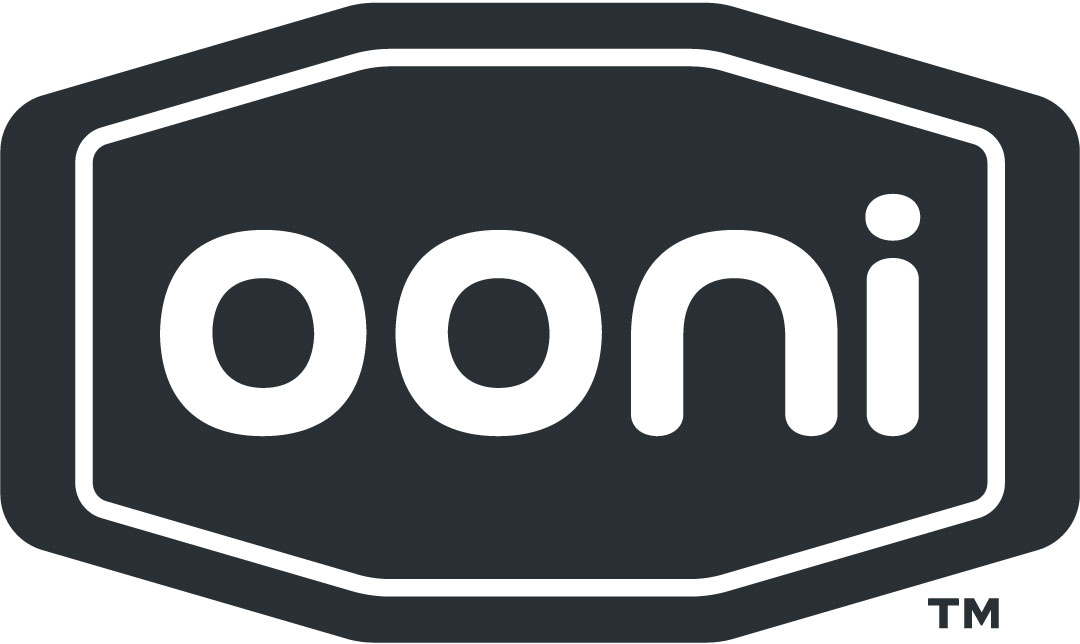

Magic Foundry Limited (trading as Ooni)

Scotland, United Kingdom
January 2023
Machinery & equipment
Wholesale/Retail
Australia,
Canada,
China,
Finland,
France,
Germany,
Italy,
Netherlands The,
New Zealand,
Philippines,
Thailand,
United Kingdom,
United States
Founded in 2012 by Kristian Tapaninaho and Darina Garland, Ooni was created out of a passion for pizza and the planet. Ooni revolutionised the landscape and created a new product category when they launched the world’s first portable pizza oven. Ooni’s purpose is to bring people together and create joy through shared food experiences, centred around the use of their innovative product range. Their vision is to help people around the world make pizza at home in a way that has a positive impact on the planet and its people. Ooni is a values-led organisation driven by passion, innovation, kindness, rigour and ambition; all of which are embedded into every aspect of the company’s activities. In 2022, Ooni began the journey to become a regenerative business - giving back more to society and the planet than they take from it, whilst still striving to be as innovative and pizza-obsessed as ever.
Overall B Impact Score
Governance 15.9
Governance evaluates a company's overall mission, engagement around its social/environmental impact, ethics, and transparency. This section also evaluates the ability of a company to protect their mission and formally consider stakeholders in decision making through their corporate structure (e.g. benefit corporation) or corporate governing documents.
What is this? A company with an Impact Business Model is intentionally designed to create a specific positive outcome for one of its stakeholders - such as workers, community, environment, or customers.
Workers 27.9
Workers evaluates a company’s contributions to its employees’ financial security, health & safety, wellness, career development, and engagement & satisfaction. In addition, this section recognizes business models designed to benefit workers, such as companies that are at least 40% owned by non-executive employees and those that have workforce development programs to support individuals with barriers to employment.
Community 16.8
Community evaluates a company’s engagement with and impact on the communities in which it operates, hires from, and sources from. Topics include diversity, equity & inclusion, economic impact, civic engagement, charitable giving, and supply chain management. In addition, this section recognizes business models that are designed to address specific community-oriented problems, such as poverty alleviation through fair trade sourcing or distribution via microenterprises, producer cooperative models, locally focused economic development, and formal charitable giving commitments.
Environment 14.8
Environment evaluates a company’s overall environmental management practices as well as its impact on the air, climate, water, land, and biodiversity. This includes the direct impact of a company’s operations and, when applicable its supply chain and distribution channels. This section also recognizes companies with environmentally innovative production processes and those that sell products or services that have a positive environmental impact. Some examples might include products and services that create renewable energy, reduce consumption or waste, conserve land or wildlife, provide less toxic alternatives to the market, or educate people about environmental problems.
Customers 4.5
Customers evaluates a company’s stewardship of its customers through the quality of its products and services, ethical marketing, data privacy and security, and feedback channels. In addition, this section recognizes products or services that are designed to address a particular social problem for or through its customers, such as health or educational products, arts & media products, serving underserved customers/clients, and services that improve the social impact of other businesses or organizations.